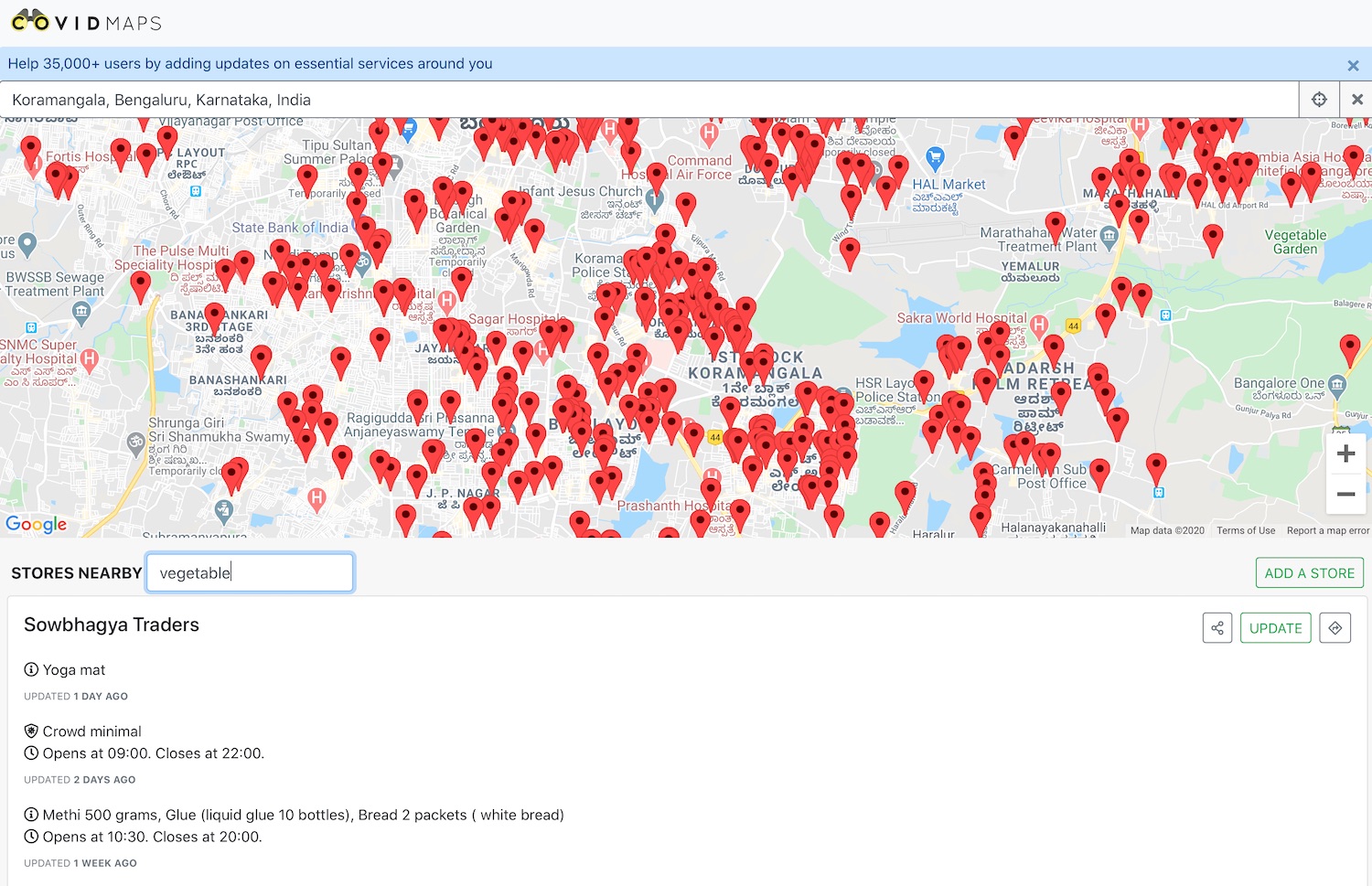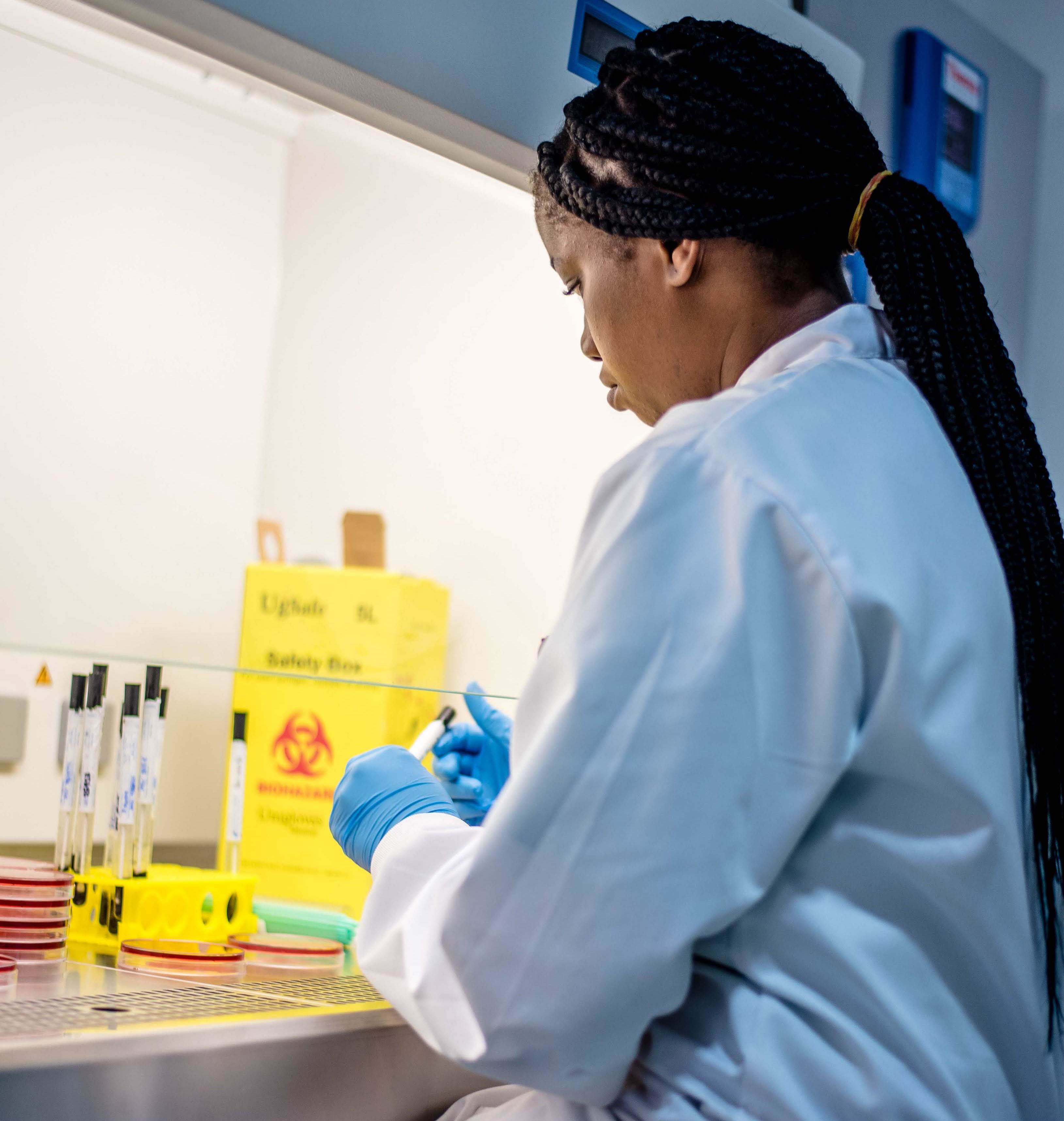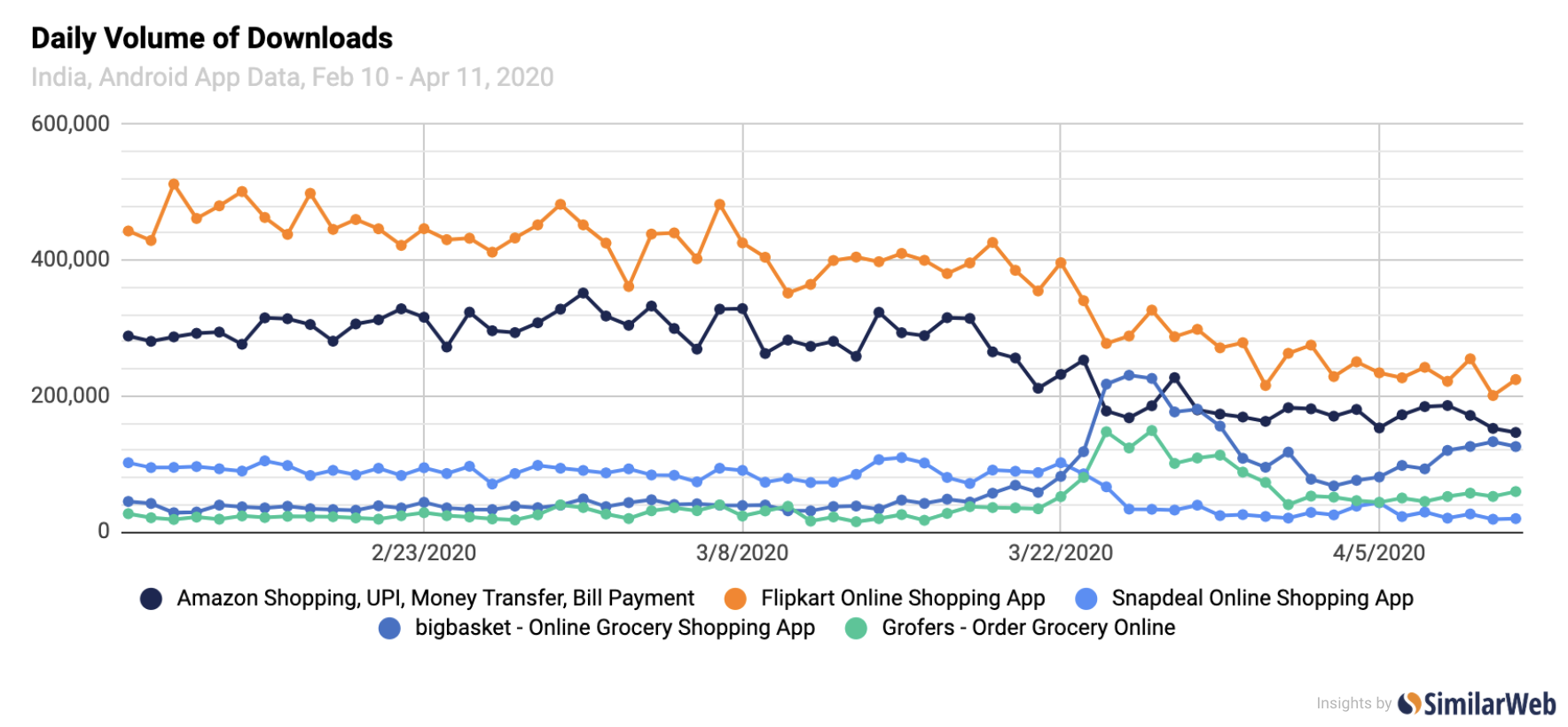Stackery, a 4-year old Portland startup, wants to help development teams deliver serverless resources on AWS more easily, and today it announced several enhancements to the platform.
With serverless applications, the development team outlines a set of trigger events and the cloud infrastructure vendor — in this case AWS — provides the exact amount of required resources to run the event and no more. This frees developers from having to worry about provisioning the proper amount of resources to run the application.
“Stackery is a secure serverless platform for AWS. We’re geared toward teams who are moving from laptop through production, and [we provide the tools] that they need to design, develop, and then deliver modern applications for those teams,” Stackery CEO Tim Zonca told TechCrunch.
In general, the product helps create a virtual whiteboard, where development teams can build serverless applications in a highly visual way, then it helps with testing and deployment of the app on AWS. Zonca says that the updates they are announcing today focus on building in security and governance into the platform, while offering a full set of continuous delivery tools in a modern git-driven delivery system.
“We realized that we could fill in some of the gaps [for developers] and help them take what we have developed as a set of best practices around securely delivering applications over the course of the last year, and just bake them into the product, so that those teams don’t have to think about those practices in a serverless world,” Zonca explained.
For starters, they are offering a code review for known vulnerabilities as they pop the application into their git repository, whether that’s Bitbucket, GitLab or GitHub. “We’ve introduced the ability to audit function code for known vulnerabilities, and we do this by just using common tooling out there,” he said.
The company is also helping test that code, which gets a bit tricky when ephemeral serverless infrastructure is involved. “We allow people to automate the spinning up of temporary ephemeral testing environments, and then help them plug in the automation for their system testing or integration testing or unit testing, and even provide an environment associated with this pull request for humans to go in and actually log on and do usability testing,” Zonca said.
When an application has passed all the testing, and is ready to be deployed to staging or production environments, Stackery can automatically promote that change set. Companies can then choose to do a final review before deployment or simply allow it to deploy automatically once the application passes all the contingencies the team set up.
Stackery was founded in 2016. It has raised $7.4 million, according to Crunchbase data.







